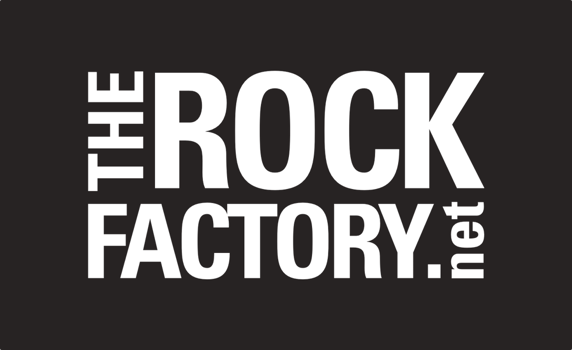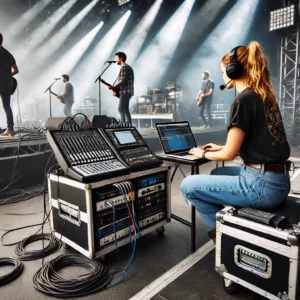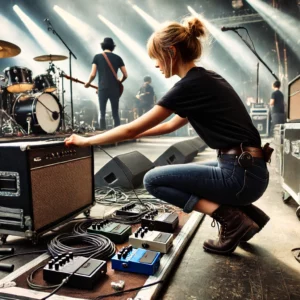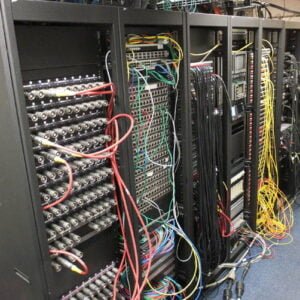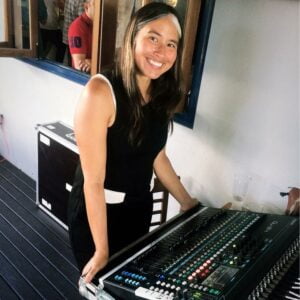Sound Engineers in Auckland and Beyond
The Rock Factory was founded by a couple of Auckland Sound Engineers over 20 years ago. (You can read more about their journey on our about page.)
The Rock Factory can provide an experienced sound engineer or audio technician for your event in Auckland, and around New Zealand. We’ve even been known to assist with the occasional nationwide tour or international event overseas.
If you are looking to hire great sound engineers for your event, we can help. We can also help with various types of event technicians including the following:
- Front of House Mixing Engineer
- Audio Visual Technician
- Stage Patch Technician
- Monitor Engineer
- Playback Technician
- Recording Engineers with our Mobile Recording Options.
In addition to event technical crew, we can also assist with event equipment hire. We have a comprehensive rental inventory, and supply events big and small throughout Auckland and beyond.
We are also very proud of how diverse our Auckland sound crew are! Diversity is important to us, so we provide equal opportunity to our event crew.

The Importance of a Sound Engineer
A good sound engineer ensures the audio at your event sounds great.
Their duties could include:
- Setting up audio equipment
- Correctly positioning microphones
- Conducting sound checks with performers
- Balancing sound levels and EQ
- Troubleshooting technical issues
- Ensuring the sound is at an appropriate volume
- recording your event if that is required (although it is better that a sound engineer concentrate on either live mixing or recording).
It is important to use an experienced sound technician or audio engineer, because operating audio equipment without knowledge and experience could potentially result in the following problems:
- Damage to Equipment
- Excessive microphone feedback
- Audio that sounds harsh, muffled, or unintelligible, or is otherwise unpleasant to listen to
- Technical problems that can not be resolved
- Hearing damage
What do the different types of audio engineers do?
Front of House (FOH) Mixing Engineer
This individual plays a crucial role in the audio production process, specifically by mixing sound for the audience during live events. They are responsible for operating the main mixing console, where they skillfully adjust the levels of various audio sources, including microphones and instruments. Their primary goal is to ensure that all sound elements are balanced, clear, and impactful, providing great auditory experience for the crowd attending. This involves monitoring sound quality and level in real-time, making adjustments as necessary, and collaborating with performers to achieve the desired acoustic outcome. Additionally, they may troubleshoot any audio issues that arise during the performance, ensuring a seamless and enjoyable experience for all attendees.
Audio Visual (AV) Technician
An audio-visual (AV) technician is essential for the success of events by managing all visual and audio equipment, including projectors, screens, microphones, and speakers. They collaborate with event planners to understand specific needs and ensure optimal performance through thorough testing. During the event, the technician monitors sound levels. They may adjust lighting, play stings and background music as needed. It is also the AV techs job to troubleshoots any issues to deliver seamless presentations, conferences, and speeches. Their expertise enhances communication and creates an immersive experience for the audience.
Stage Patch Technician
This technician is a master of connections. They are responsible for setting up all the microphones, stands, and cables on the stage and ensuring that everything is connected properly to the stage box or mixing console. They maintain a clean and organised stage, ensuring that every input is patched to the correct channel. Their role is crucial during transitions between acts and artists, making sure that the next performer has everything plugged into the correct channels on the desk.
Often, the patch engineer creates a master patch sheet and labels the cables and channels on the stage box. They collaborate with both the front-of-house (FOH) mix engineer and the monitor engineers to guarantee smooth transitions throughout the event.
Monitor Engineer
The monitor engineer plays a vital role in live performances by creating customised audio mixes tailored specifically for each performer on stage. This job is often more challenging than that of the front-of-house engineer because the monitor engineer mixes sound for multiple band members—typically 4-8—instead of just the mix for the audience.
They strategically use in-ear monitors (IEMs) or foldback wedge speakers to ensure that every musician can hear their own instruments and vocals, as well as those of their bandmates, at the appropriate levels. This careful attention to sound balance is crucial, as it allows performers to perform musically and stay in time during the show.
Additionally, the monitor engineer collaborates closely with the performers and other audio engineers and production staff to accommodate individual preferences and address any audio issues that may arise in real-time, ultimately contributing to a successful and engaging performance.
Playback Technician
This specialist manages all pre-recorded audio for a show. They handle backing tracks, sound effects, cues, and any other audio that is not live. They ensure that all playback is triggered correctly and is perfectly in sync with the performance.
Recording Engineers with our Mobile Recording Options
A recording engineer captures a live performance or studio session with our mobile recording rig. They are responsible for setting up the microphones, capturing the sound on a multi-track recorder, and ensuring a high-quality, professional recording that can be mixed and mastered later.
Need a Sound Engineer in Auckland?
Other Event Crew
There is a lot of crossover between Sound Engineers and Audio Technicians, and some people even use the term interchangeably. Many other people are also involved in setting up and running a successful event. The Rock Factory can provide a wide range of technical crew when you hire us for your event.
Our crew may include lighting technicians, stage technicians, patch techs, monitor engineers, backline technicians and multi-talented people who assist with many different aspects of an event.
Here are some of the additional tasks the Rock Factory event crew or sound engineer often do:
- Transporting event equipment.
- Assembling Staging and Marquees.
- Assembling Sound Systems.
- Rigging Event Lighting, Programming Lights, setting DMX control and Lighting Design.
- Patching microphones and changing the inputs between band changeovers.
- Setting up backline amplification and drum kits.
- Operating mixing desks and racks of sound equipment such as compressors and EQ’s.
- Operating lighting desks and lighting accessories such as lasers and smoke machines.
- Audio-Visual Set-ups such as projectors and screens.
- Operating cameras for live-streamed events.
- sound engineer auckland may also be referred to as audio visual technician or audio technician.
Need a Sound Engineer for Recording?
The Rock Factory originated as an Auckland recording studio in the early 2000s before growing into the Event Production Company it is today.
While The Rock Factory no longer has a studio set up, they do still have recording equipment and experienced audio recording engineers available. This allows recording of live shows and productions, or allows you to record at a location convenient to you. Check out our mobile recording studio options.
-

Playback Technician Hire Auckland | Professional Audio Playback for Events & Shows
-

Backline Technician Hire Auckland | Expert Instrument & Gear Support for Bands & Events
-

Stage Patch Technician Hire Auckland | Expert Audio Patching for Events & Performances
-

Hire Audio Technician, Sound Tech, Live Sound Mixing Engineer
Want to know how to become a sound engineer?
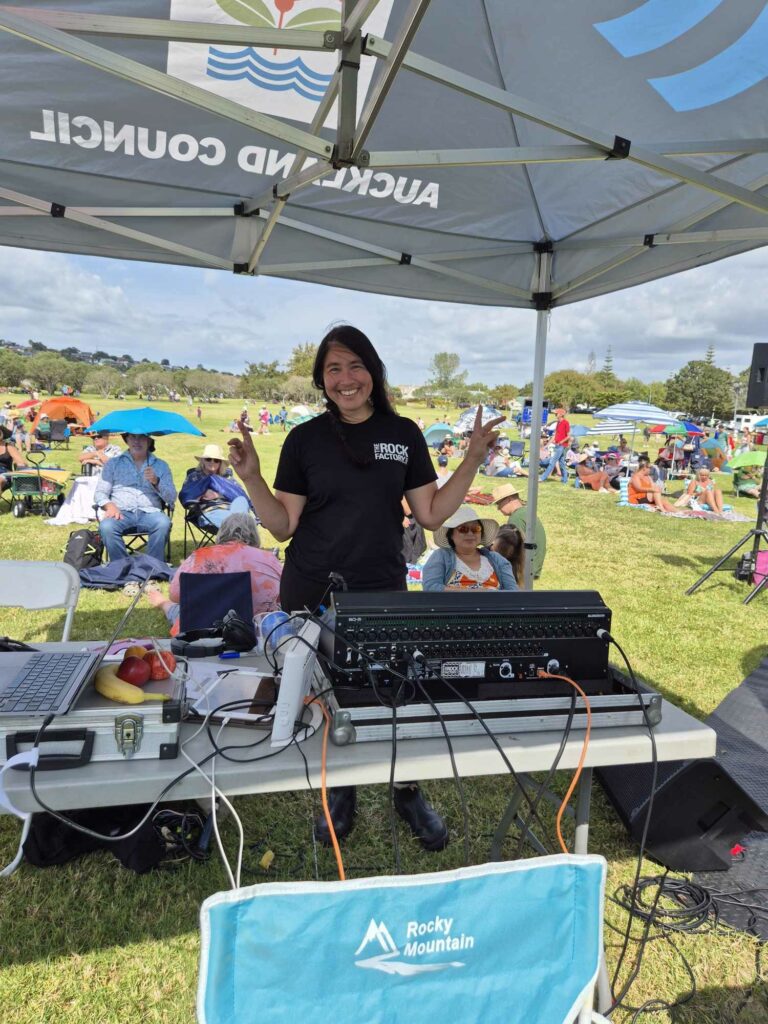
Here is some general advice for beginning a career in Sound Engineering:
Learn the basics:
Start by learning the basic concepts of sound engineering, including signal flow, EQ, gain structure, and compression. You can find plenty of resources online or consider taking courses on sound engineering.
Get hands-on experience:
Find opportunities to get hands-on experience, such as volunteering at local music events or working as an assistant to an experienced sound engineer.
Try out different PA systems and mixing desks:
Consider building your own PA system using budget-friendly equipment – this can help you gain valuable experience and skills while also saving money. Practice at various venues and with various bands – ask if you can be their sound engineer on tour. Touring is a great way to rack up hours of experience on different in house rigs.
Practice and train your ear:
Spend time listening to different types of music and trying to identify all the different elements of the mix. Use critical listening skills to evaluate the sound quality and make adjustments as needed.
Be reliable and professional:
Build a reputation as a reliable and professional sound engineer. Arrive early, maintain good communication with the band or event organisers, and be willing to go the extra mile to deliver a great sound experience.
Keep learning:
Never stop learning and improving your skills – attend workshops, seminars, and continue to seek out opportunities to develop your craft.
Find a mentor:
Consider finding a mentor in the sound engineering field who can offer you guidance and advice as you develop your skills and build your career.
By following these tips, you can gain the skills, experience, and confidence you need to become a successful live sound engineer for bands.
You can find out more about a career in Sound Engineering in New Zealand here
